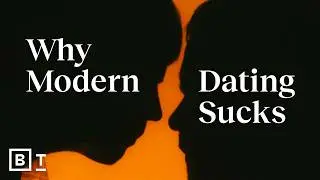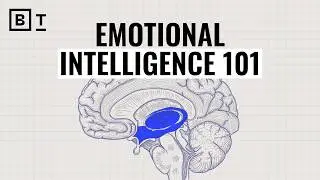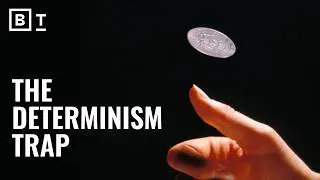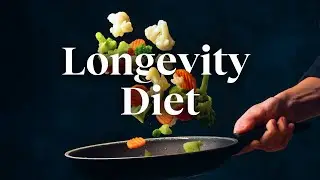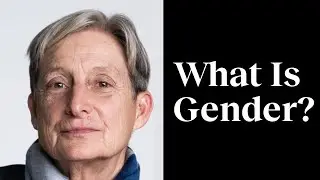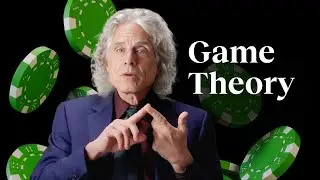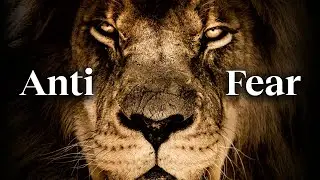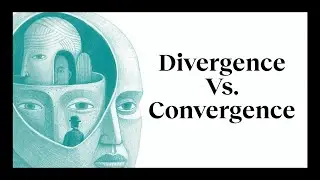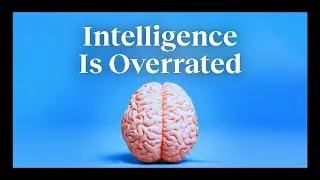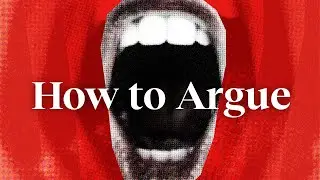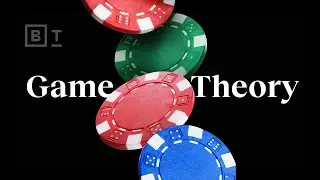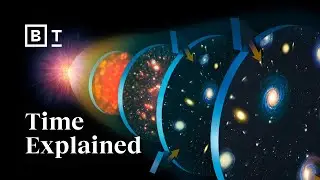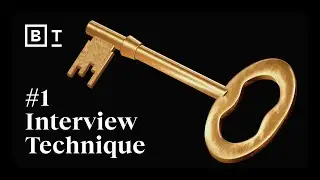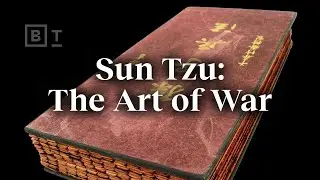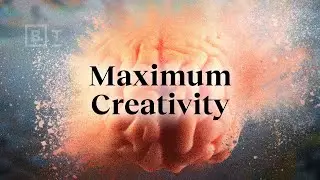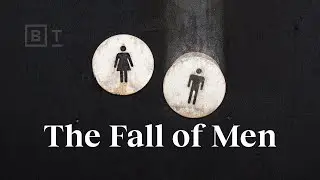Jordan Peterson: Career vs. motherhood: Are women being lied to? | Big Think
Jordan Peterson: Career vs. motherhood: Are women being lied to?
Watch the newest video from Big Think: https://bigth.ink/NewVideo
Join Big Think Edge for exclusive videos: https://bigth.ink/Edge
----------------------------------------------------------------------------------
Around age 19, women are generally focused on their careers. That changes around the age of 30 when they realize that a career is not the primary purpose of their lives.
There are a handful of things that are actually fundamental to life, and if one of them is missing it will get in the way of personal fulfillment.
For the women with ambitions to be mothers, teaching them that careers are more important does them a great disservice.
----------------------------------------------------------------------------------
JORDAN PETERSON:
Jordan B. Peterson, raised and toughened in the frigid wastelands of Northern Alberta, has flown a hammer-head roll in a carbon-fiber stunt-plane, explored an Arizona meteorite crater with astronauts, and built a Kwagu'l ceremonial bighouse on the upper floor of his Toronto home after being invited into and named by that Canadian First Nation. He's taught mythology to lawyers, doctors and business people, consulted for the UN Secretary General, helped his clinical clients manage depression, obsessive-compulsive disorder, anxiety, and schizophrenia, served as an adviser to senior partners of major Canadian law firms, and lectured extensively in North America and Europe. With his students and colleagues at Harvard and the University of Toronto, Dr. Peterson has published over a hundred scientific papers, transforming the modern understanding of personality, while his book Maps of Meaning: The Architecture of Belief revolutionized the psychology of religion.
His latest book is 12 Rules for Life: An Antidote to Chaos https://amzn.to/3aIrqDo
----------------------------------------------------------------------------------
TRANSCRIPT:
JORDAN PETERSON: What's the relative importance of career and motherhood in a typical woman's life? I'm 55 and I've been working with men and women my entire life. And I've watched this. And it's quite obvious. It's like at 19 it's all career. By 30 that's just not the case. It's not the case. I don't know if I've seen a single woman who I didn't think had a psychological problem who hadn't seriously flipped in their attitude towards the balance of family and career by the time they were 30. And then you see lots of women who at 40 haven't had kids and perhaps wanted to and that's not a pleasant situation.
I was talking to a woman who was about 39, a professional woman – attractive, well put together, competent, well educated, successful in her profession, unmarried, in a relationship with an older guy but unmarried and desperate to have a child. She said no one ever talked to her about the fact that she's actually want to have a family or encouraged her to think about doing that. It was as if it wasn't within the realm of possibility that one of the things that she might have the ambition to do would be to be a mother. And that's just not acceptable.
And it was like she woke up in her late thirties and thought well, the first thing she thought was this profession of mine is actually nowhere near as comprehensively fulfilling as the advertisements claimed which is something that virtually everyone discovers as they move forward in their professional career. No, I mean the reason you get paid generally for your work is because you're doing something that you wouldn't choose to do if you weren't being paid for it. And so the idea that your career is going to be the fundamental source of your fulfillment is true for a very tiny minority of people. And even with them it's complicated. So she was tearful and upset about the fact that it took her so long to discover that there were other important dimensions to life and that motherhood turns out to be well, how many things do you do in your life that are fundamental, right? You have a career and your education so that would be part of your career development. That's part of what makes you generally useful in society and perhaps a place that you find some meaning and purpose. You have your friends. You have your family like your parents and your siblings and so forth. You have your kids. You have your relationship. That's it. There's four things. Now you can expand that to some degree. You can have, maybe you're creative and make good use of your personal time. There's other factors that aren't trivial. But those four things are canonically important. You miss one of them and you're going to pay for it.
And so our society needs to rethink our relative valuation of career versus motherhood. So we don't know how to solve this problem but we could at least have an intelligent...
Read the full transcript at https://bigthink.com/videos/motherhoo...








